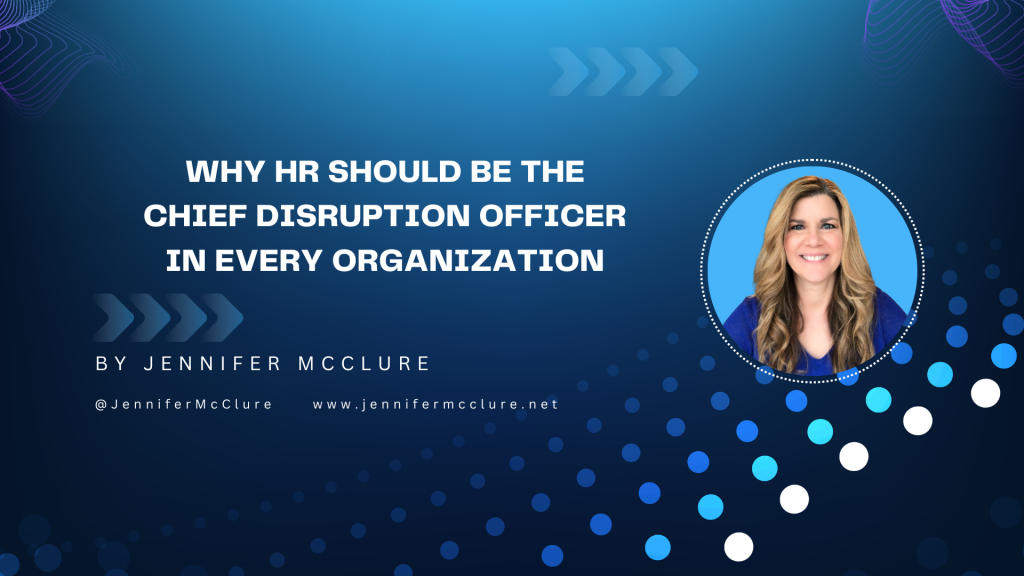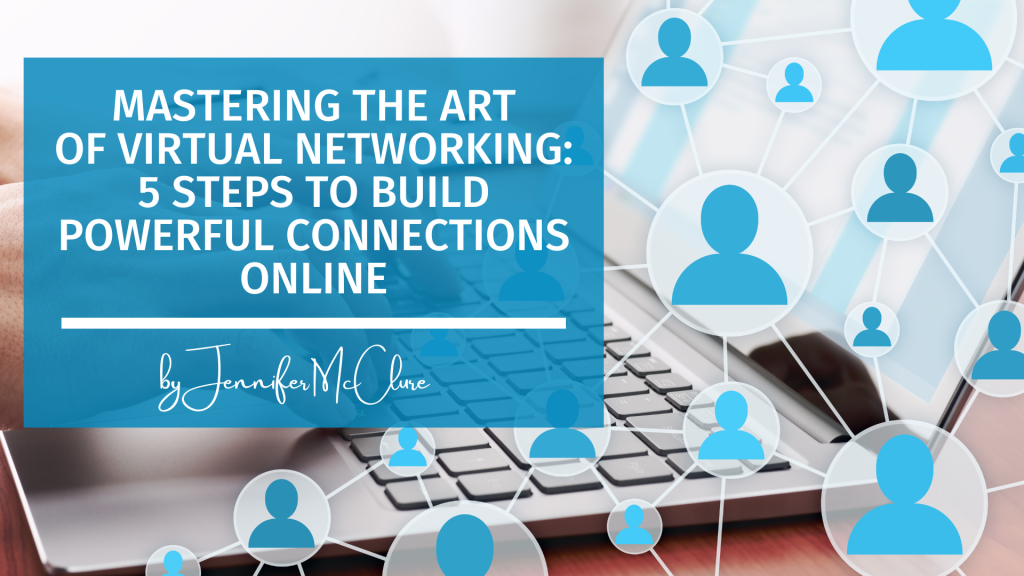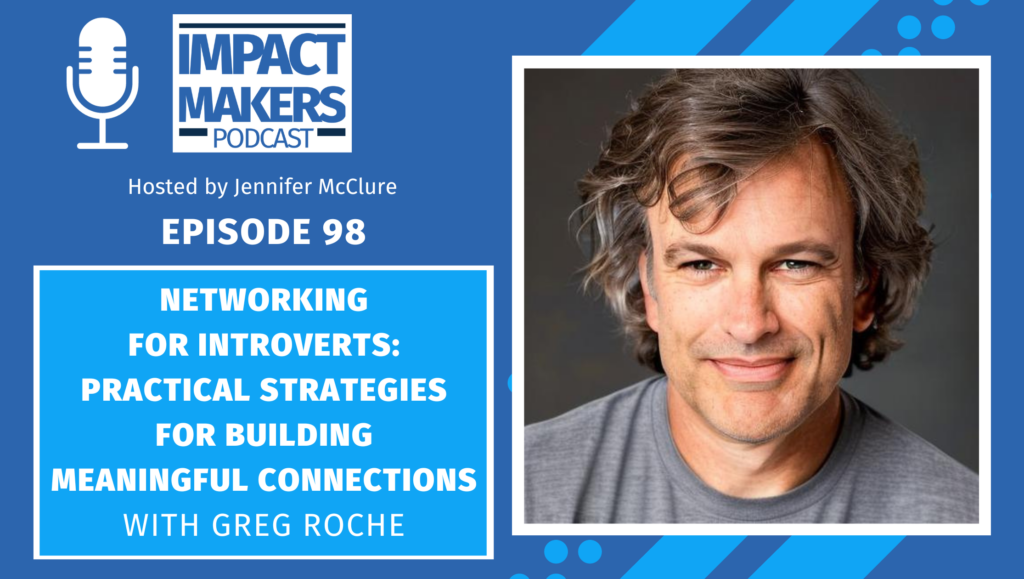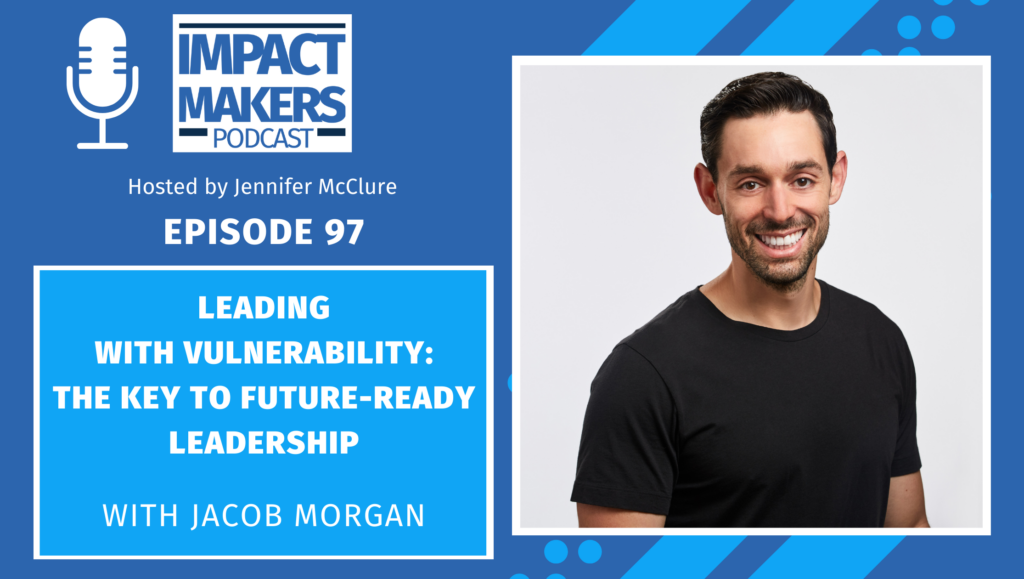Imagine a world where HR isn’t just a support function, but a catalyst for innovation — driving agility and transformation. A world where HR leaders are not thought of as the policy police, but as visionaries, shaping the future of work.
When I started my career in HR nearly four decades ago, I fully believed that HR was the most important place to work in any organization, because the work that we do impacts every employee in the organization. I still believe that.
However, we’re in unique and challenging times, my friends.
We live in a world of unprecedented change. Increased globalization, shifting employee expectations, technology disruptions, and rising employee burnout rates present significant challenges.
But, these challenges also open doors to pathways for innovation and growth, and HR is the key to any successful business transformation.
Are you ready to seize this opportunity?
I believe that HR is uniquely positioned to lead this transformation, and I want to challenge you to embrace the role of Chief Disruption Officer in your organization and take the lead in shaping a bold new future of work.
Why HR?
Because people are at the heart of every business challenge and opportunity that lies ahead. They’re both the source of every problem and every solution, and WE are the people experts in our organizations — or at least we should be.
Challenges and Opportunities Lie Ahead
Recent studies have shown that CEOs and senior executives know that talent drives innovation and growth. And in a knowledge economy, people are truly the biggest source of competitive advantage in any organization.
But, due to changing employee expectations, it’s now more important than ever to create and nurture workplace cultures that foster employee engagement, loyalty, and high performance to ensure long-term success.
Also, according to Randstad’s 2024 Talent Trends Research, 72% of business leaders — the highest level since 2019 — are worried about the growing skills gap, which is expected to widen as digital transformation accelerates. They know that they need a workforce equipped with future-ready skills, or their organizations risk falling behind.
Finally, with economic uncertainty looming, organizations face pressures to optimize costs while still investing in talent development and retention. We must balance the need to attract and retain talent with the economic reality of doing more with less. To do this we’ll need to create more efficient, skills-based organizations that can operate effectively with a leaner, more agile workforce.
So what does the role of HR as the Chief Disruption Officer look like, and what steps can we take to get leaders in our organizations to view us as innovative leaders of positive change?
HR Leaders Must Radically Shift Their Mindset and Approach
Adopt a Strategic Mindset — Think Like a Business Leader, Not Just an HR Professional:
We’ve all heard this for years, but trust me, it’s still not a consistent practice. And we can’t get off the starting line on the journey of leading disruption until we understand how to align HR objectives with the broader business strategy.
To do this, we must speak the language of the C-suite (which is money), and focus on how HR initiatives drive revenue, improve efficiency, and boost competitive advantage. For example, don’t just report employee satisfaction scores, demonstrate how engagement initiatives boost productivity and directly impact the bottom line.
Challenging the Status Quo:
We must relentlessly question outdated practices and processes. If we’ve always done it this way — even if it’s working — it’s ripe for a review to see if we can do it differently in order to grow.
Innovation often starts with asking, “Can we do it better?”
Focus on Outcome-Oriented HR Initiatives:
We must focus on the outcomes of our HR initiatives, not the processes. This means prioritizing initiatives that directly impact business goals, which include talent strategies that drive innovation, reduce costs, or enhance customer satisfaction.
By demonstrating a clear link between HR activities and business success, we’ll become indispensable to the organization.
Foster an Innovative and Creative Company Culture:
To be seen as an innovative leader, HR must take the lead in fostering a culture of creativity and innovation within the organization. This means we should encourage risk-taking, support new ideas, and create an environment where continuous learning and development are prioritized. And HR should lead by example, adopting innovative HR technologies and practices that streamline processes and enhance employee experience.
Lead Change Management Efforts:
HR Leaders must position themselves as drivers of change within their organizations — especially during times of transformation — by leading initiatives around digital transformation, organizational restructuring, and cultural change.
To lead disruption and transformation efforts, we must become experts in change management and demonstrate our ability to lead the organization through complex transitions.
Embrace Digital Transformation:
First, we must embrace digital transformation within HR itself. This includes using AI-driven tools to enhance efficiency and improve decision-making.
HR should be leading the charge to prepare our workforces for digital transformation by promoting a growth mindset, fostering a culture that embraces change and innovation, and creating pathways to help develop new skills that will be necessary for the future of work.
Anticipating Future Trends:
We must be relentlessly curious and interested in what’s happening in the world today, and also where trends are headed.
To lead in the future of work, HR leaders must anticipate and stay ahead of emerging trends and technologies.
Human Resources: The Most Important Place to Work In Any Organization
While the benefits of HR as the Chief Disruption Officer are clear, some may argue that HR lacks the necessary business acumen or authority to drive such transformative change. However, by developing strong relationships with the C-Suite, demonstrating a deep understanding of business objectives, and delivering tangible results, HR can gain the trust and support necessary to lead.
I strongly believe that HR is not just a support function; it’s uniquely positioned to drive transformative change and ensure the long-term success of our organizations.
But to do this, we must move beyond traditional HR roles, and become proactive disruptors who challenge outdated practices and implement forward-thinking strategies.
The future of work is waiting for a Disruptor. Are you ready to step up?
As a keynote speaker and leadership coach, Jennifer McClure helps leaders to embrace the future of work, and to develop the skills necessary to lead their organizations and the people on their teams to take bold actions that positively impact business results.
Want more leadership and future of work insights from me?
SUBSCRIBE to get my weekly Impact Makers newsletter delivered to your inbox!




